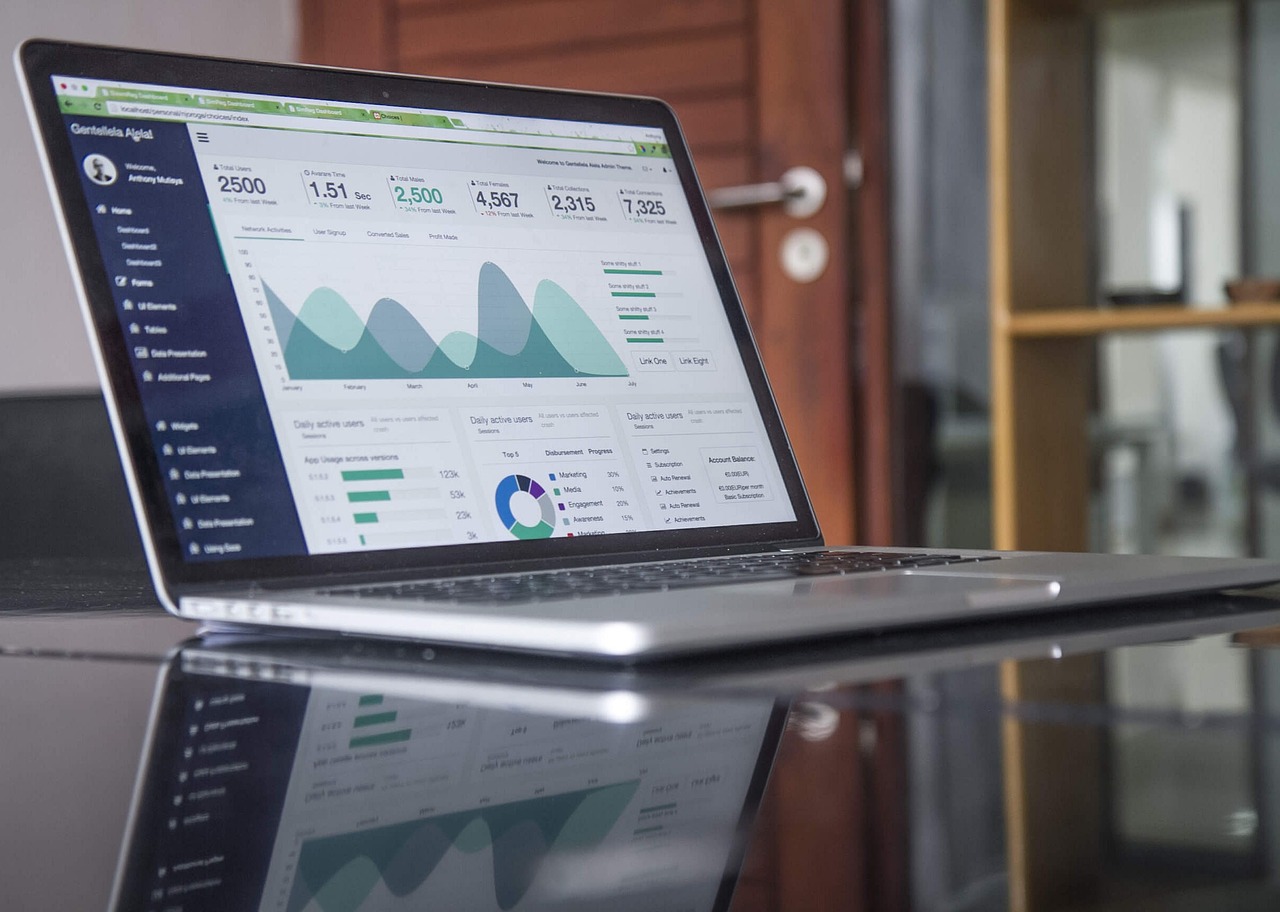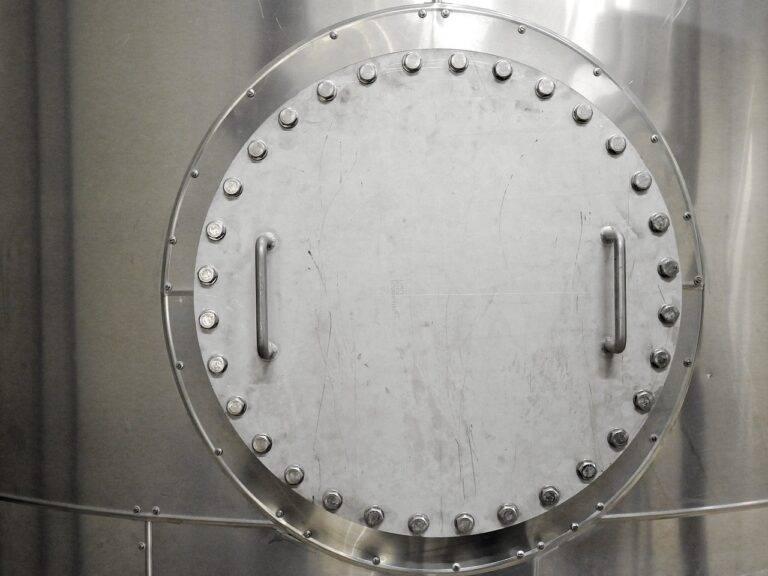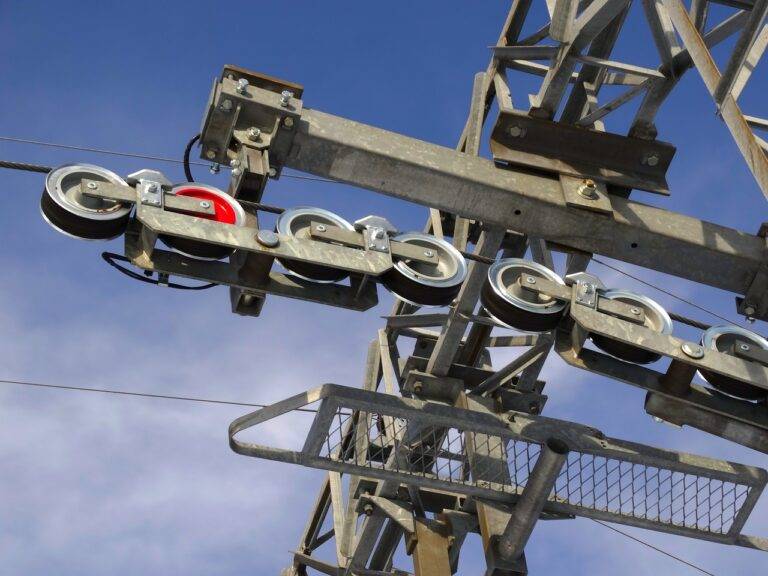Tech Solutions for Noise Pollution Monitoring
When it comes to monitoring noise pollution, one of the main challenges is the sheer volume of data that needs to be collected and analyzed. Noise levels can vary significantly throughout the day and in different locations, making it difficult to get a comprehensive picture of the overall noise pollution in an area. Additionally, factors such as weather conditions, traffic patterns, and industrial activities can all contribute to fluctuations in noise levels, further complicating the monitoring process.
Furthermore, the cost associated with setting up and maintaining noise monitoring equipment can be prohibitive for many municipalities and organizations. The initial investment in high-quality sound level meters and other monitoring devices, as well as the ongoing costs of calibration and maintenance, can be a barrier to effective noise pollution monitoring. This can result in gaps in data collection or a reliance on less accurate monitoring methods, leading to incomplete or unreliable information about the extent of noise pollution in a given area.
Importance of Accurate Data Collection
Accurate data collection is paramount in effectively assessing and addressing noise pollution concerns. By ensuring that the data collected is precise and reliable, policymakers and researchers can make informed decisions about mitigation measures and regulations. Without accurate data, the true extent of noise pollution may be underestimated, leading to inadequate solutions and potential harm to public health and well-being.
Furthermore, accurate data collection allows for the identification of trends and patterns over time, enabling authorities to track changes in noise levels and assess the effectiveness of interventions. With reliable data at their disposal, decision-makers can allocate resources more efficiently and implement targeted strategies to reduce noise pollution in specific areas. In this way, accurate data collection serves as a cornerstone for developing evidence-based policies and fostering a healthier and more sustainable environment for all.
Advancements in Noise Monitoring Technology
Noise monitoring technology has witnessed significant advancements in recent years, revolutionizing the way noise pollution is monitored and managed. One of the notable developments is the introduction of wireless and portable noise monitoring devices that provide real-time data collection capabilities. These innovative tools enable users to track noise levels continuously, offering a more accurate and detailed understanding of the noise environment.
In addition, the integration of cloud-based software solutions with noise monitoring equipment has streamlined data analysis and reporting processes. This integration allows for remote access to noise data, facilitating data sharing and collaboration among stakeholders. Furthermore, the use of advanced algorithms and machine learning techniques in noise monitoring technology has enhanced the ability to predict noise patterns and trends, enabling better resource allocation for noise control measures.
• Wireless and portable noise monitoring devices offer real-time data collection capabilities
• Cloud-based software solutions streamline data analysis and reporting processes
• Integration of advanced algorithms and machine learning techniques enhance the ability to predict noise patterns and trends
• Remote access to noise data facilitates data sharing and collaboration among stakeholders
What are the challenges of noise pollution monitoring?
Some challenges of noise pollution monitoring include factors such as variability in sound levels, background noise interference, and the need for continuous monitoring in various locations.
Why is accurate data collection important in noise monitoring?
Accurate data collection is important in noise monitoring as it helps in understanding the extent of noise pollution, identifying sources of noise, and implementing effective mitigation measures.
What are some advancements in noise monitoring technology?
Advancements in noise monitoring technology include the use of portable noise monitoring devices, real-time data collection and analysis, remote monitoring capabilities, and the integration of GPS technology for location tracking.





